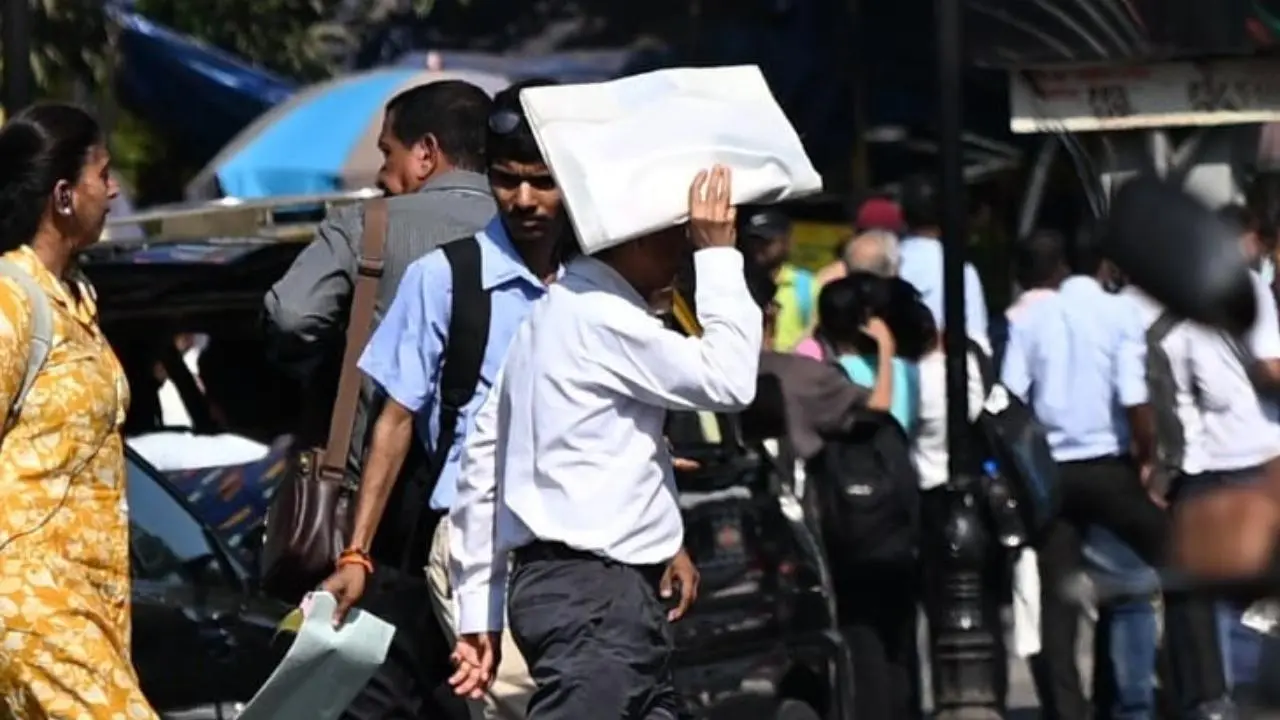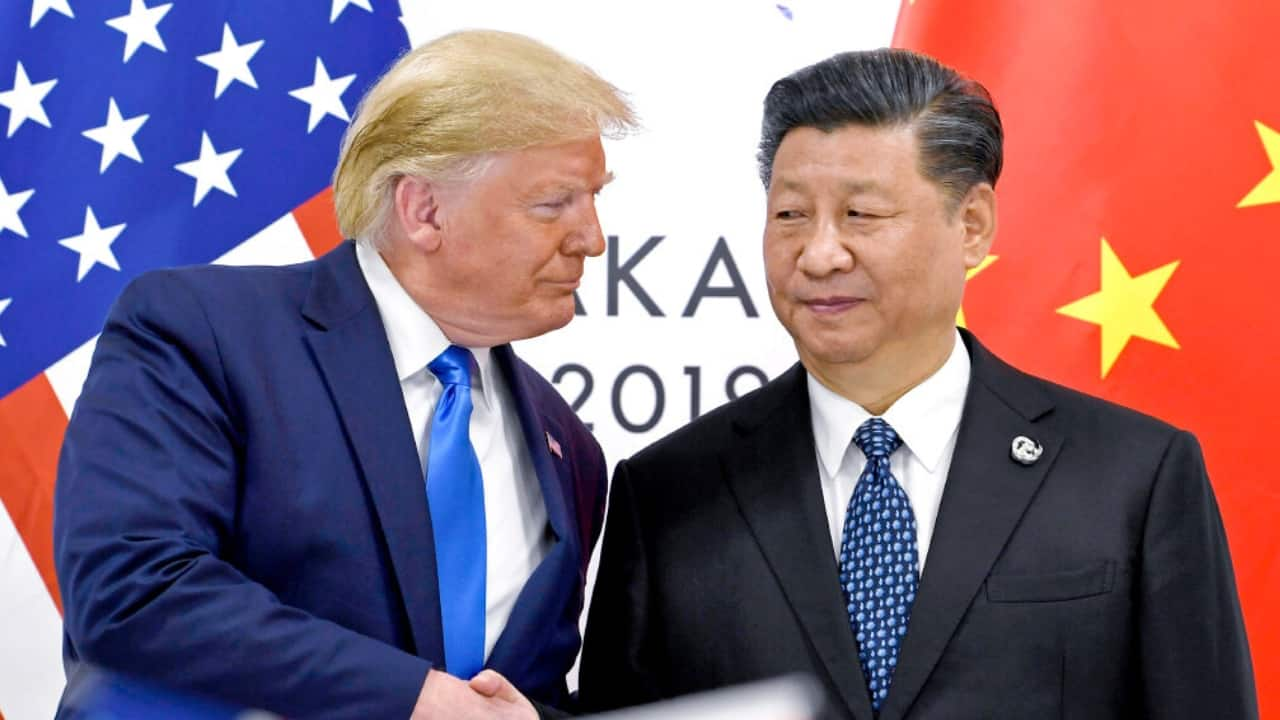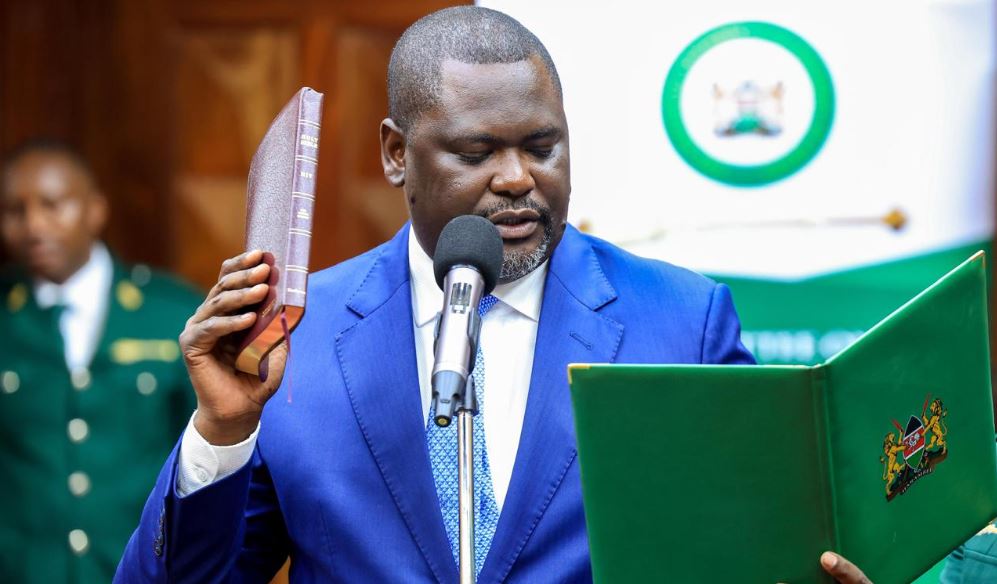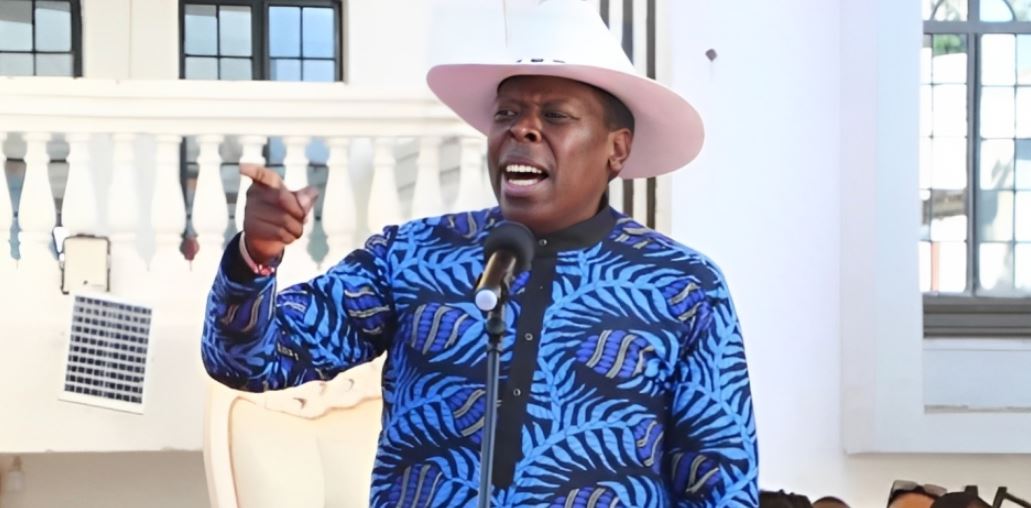If the British appeals court agrees with his argument for official security, it would be far cheaper to outsource it to an Indian firm The ongoing court drama over whether Prince Harry should be entitled to taxpayer-funded security for himself, his wife Meghan and two children will leave many Indians baffled. Mainly because in India the government seems, at least to the lay observer, to be rather liberal with ‘sarkari’ security for all kinds of people – in varying alphabetical degrees – from businessmen to journalists, former presidents, prime ministers and their families to former dacoits. Indians rage often about the disruptions caused by security details of all manner of VIPs, with armed men hovering menacingly around their principals in the workplace or even in restaurants, stores or on roads.
However, no one really questions whether police contingents and gas-guzzling cavalcades should be at all provided to so many people; instead, it is often regarded as a normal trapping of “power". And reducing security is even often regarded as unfortunate. Last week, news emerged that the security ‘bandobast’ for the wife of late Prime Minister Manmohan Singh had been “slashed" from Z+ to Z.

In other words, her security was reduced from 10 commandos in a total of 55 other personnel plus an unspecified number of “personal security officers" (PSO) and five bullet-proof vehicles to six commandos in a total of 22 personnel, over nine PSOs in eight-hour shifts of over three each and one bullet-proof vehicle as well as four other vehicles. Had the lady in question belonged to any family other than the famously unassuming and low-key Manmohan Singh clan, this ‘downgrading’ may have even been posited as a sign of ‘disrespect’ towards her! Not only do many Z+ ‘protectees’ jealously guard this privilege, others aspire to qualify for it, although it implies that their lives are in danger from criminal if not terror elements. The cavalcade and muscular men in dark safari suits are a badge of exclusivity.
The next grade of security, Y+, reportedly gets the ‘protectee’ four commandos among 11 security personnel, three PSOs and three cars, while Y provides “only" two commandos among eight personnel, two PSOs and two cars, which actually sounds pretty substantial. And the ‘lowest’ category, X, allocates no commandos but two personnel, two PSOs and two vehicles. While Prince Harry would probably mind being given X class security, all of the others may sound pretty good to him.
Instead, the US-resident prince is having to wage a battle royale in a British court to get the government, which nominally functions as his father’s “pleasure", to provide armoured bullet-proof SUVs and a posse of trained security personnel instead of shucking up the costs (if not the personnel and cars) himself. As Harry has millions in the bank and spends quite a bit of it on security Stateside, the British government clearly wonders why he can’t do so in the UK too. Indians are more likely to consider it a case of a petulant son, demanding special treatment at his paternal home.
It is not uncommon in many non blue-blooded families in India and elsewhere too and, in this case, his Papa is the King. Maybe this proverbial prodigal prince feels he should still have special privileges even if he chooses not to be a “working royal", undertaking free public appearances in exchange for a state stipend and other conveniences like a royal residence. But after the generosity fuelled by the wealth of its colonies petered off, Britain has become distinctly miserly.
Elected representatives and the media regularly quibble about perks given to ministers and MPs, and royal indulgences such as tax-free wealth and public-funded yachts. The government will not be inclined to fork out public funds for security for a prince who lives in a $14 million California mansion and has reportedly signed multi-million dollar commercial deals. In any case, King Charles III’s personal net worth is pegged at £610 million ($720 million), which is far below the richest monarch – the King of Thailand at $43 billion, apparently – but enough for him to fund Harry’s security.
However, King Charles III has not demonstrated any inclination to heed his younger son’s pet peeves. He is clearly not amused as he did not even meet Harry in London this week again before leaving with Queen Camilla for a state visit to Italy. Indians may be surprised to learn that not all “working" members of the British royal family are provided 24/7 security; that privilege is reserved for the monarch and spouse as well the heir apparent and family: that is, Charles, Camilla, the Prince and Princess of Wales and their three children.
All the rest, including the “most hard-working" royal Princess Anne, her brother Prince Edward and his wife Sophie, get security only when out on official work. No wonder Prince Harry, who opted out of being a ‘working royal’ along with his wife Meghan and even left Britain for the US, is having such a hard time convincing courts about the need for taxpayer-funded security for his family’s flying visits to UK; that too, probably for short duration private events not official work. Thus, it does seem more of an ego battle or shadow boxing with his estranged family and royal bureaucracy, than a genuine demand.
British experts, meanwhile, have weighed in with estimates of how much security for the Sussex family would cost, and most hovered around the £10,000 mark – Rs 11 lakh a day. And that would include “two to three bullet-proof SUVs and at least six close protection personnel". Rather expensive in comparison, as even Z+ security in India reportedly costs about Rs 35 lakh per month, Z costs Rs 18 lakh, Y+ Rs 15 lakh, Y is Rs 12 lakh while X is relatively negligible! Considering the difference is between Rs 11 lakh a day and Rs 35 lakh a month (Z+), desis would certainly suggest that if the British appeals court finds in favour of Prince Harry’s argument – his initial legal plea for official security was rejected last year – it could also direct the UK government to outsource it by hiring an Indian firm to do the needful at a fraction of the price! Moreover, British taxpayers would certainly be happy too about having to pay far less.
(The author is a freelance writer. Views expressed in the above piece are personal and solely those of the author. They do not necessarily reflect News18’s views).
Politics
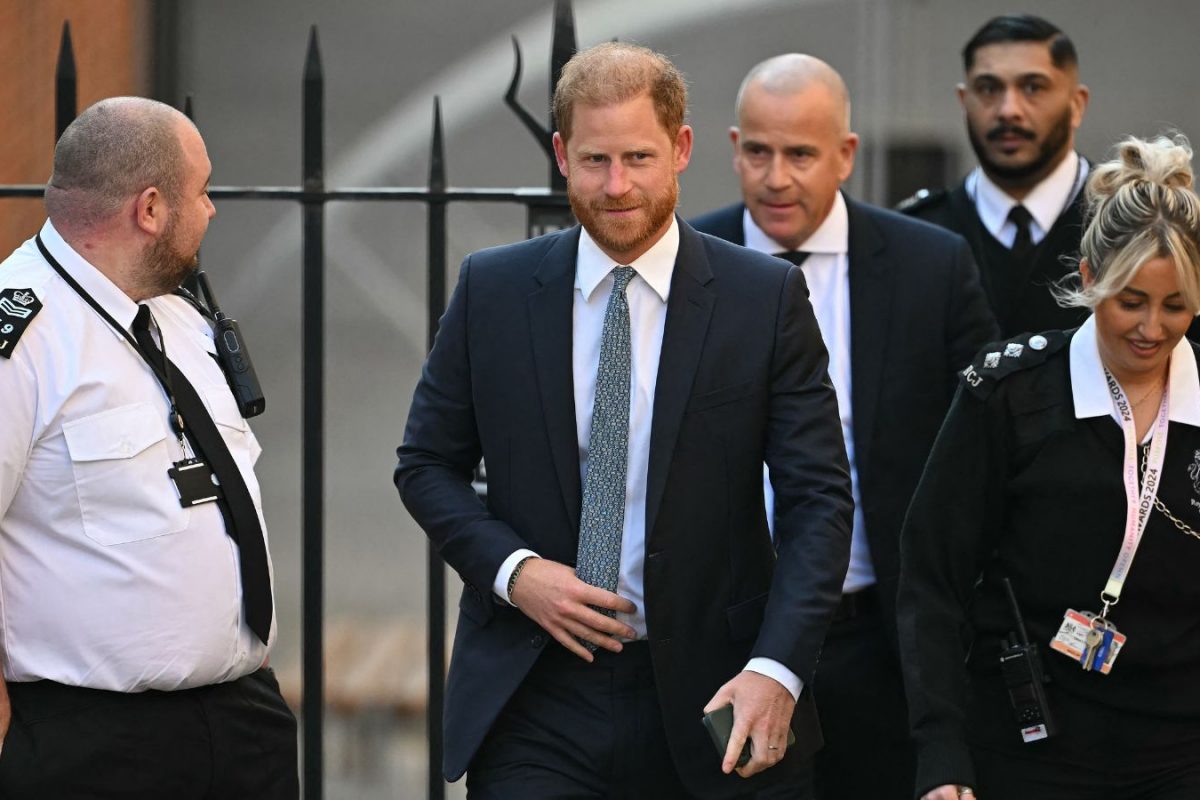
Opinion | Why Prince Harry Should Get Indian-Style Security 'Bandobast'

If the British appeals court agrees with his argument for official security, it would be far cheaper to outsource it to an Indian firm



